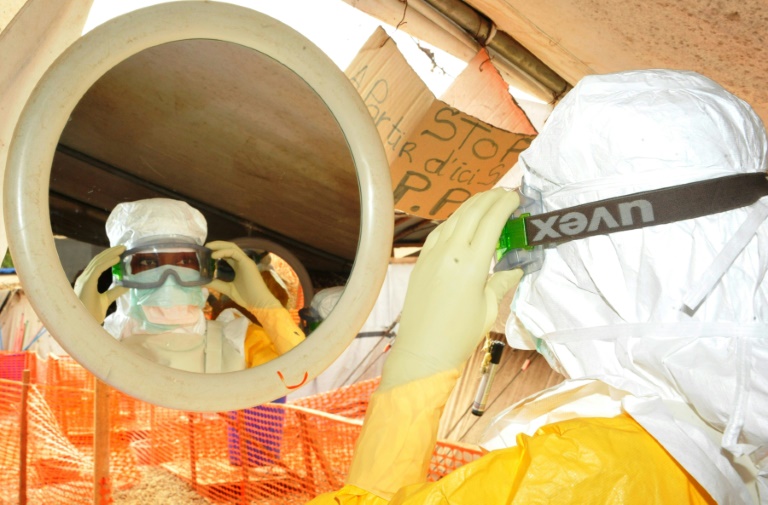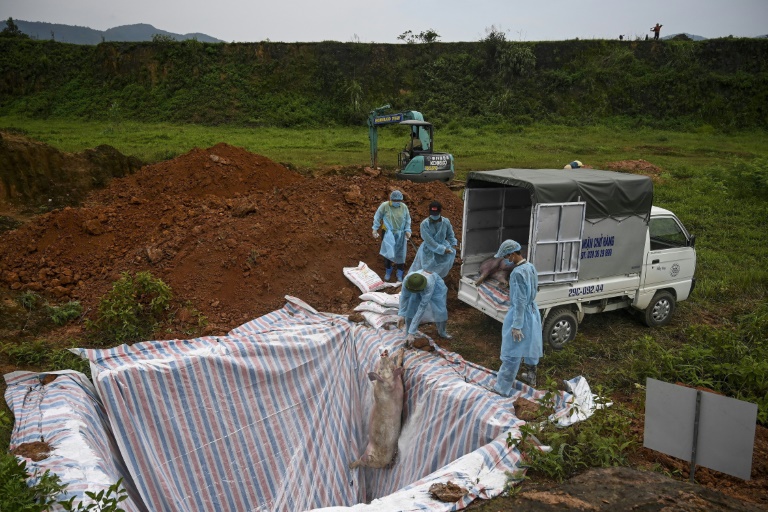“I bet schools won’t even open by 3 October. High schools will not have any graduates this year,” complains Karim, father of two students enrolled at Misr Language School in Cairo, who believes this school year is already lost. His wife Nouran concurs. “Even if schools do open on 3 October,” she says, “one case of swine flu will wipe out the entire rest of the year.”
Ever since the killing of 200,000 pigs last May, the government’s policies for combating swine flu have drawn negative reactions from the public. But the decision to close schools until 3 October, (with rumors that this date will be moved till 27 October) is having very concrete—and unwelcome—effects on many Egyptians’ lives. They are not happy.
For Thoraya, a mother of two, the delays have already caused major inconveniences.
“My husband and I already depend on two salaries, and I have to start work after Ramadan vacation.” She says a prolonged postponement of the academic year will force her to stay at home.
The postponement applies to academic institutions across the board, including foreign-based schools that began their school years on time.
Seniors at Cairo American College (CAC), who are working toward a full international baccalaureate diploma, have had to go on to campus for minimal instruction and to pick up assignments in order to stay on track with international deadlines. Younger students at CAC are doing work online.
“At first I was excited to have time off,” says Sherif, a junior at CAC. “But now I’m worried about my international baccalaureate classes, as the people grading my exam this year won’t take this time off into consideration.”
It remains unclear how schools will make up for the lost class time. Some have suggested adding an extra day of school on Saturdays, while others have suggested pre-recorded lessons online or broadcast on public television.
“If they make the students come in on Saturdays, it will be a disaster,” complains Ashraf, whose two sons attend the Al-Alsson School in Cairo. “School is demanding enough as it stands and my boys need time for extracurricular activities,” he says.
Many students also do not have high-speed Internet connections at home to watch recorded lessons.
Other countries are choosing not to close schools as a prevention measure because of the associated consequences. They worry about health care professionals staying home to care for children, children missing meals, and the general disruption incurred by keeping students home. Egyptian authorities, meanwhile, are unapologetic about the decision.
“I worry that starting up in October will still put my daughter at risk,” says Mona, whose seven-year-old daughter attends the Rajac Language School in Cairo. “Every year she gets a little sick at the start of school and now her susceptibility will be at its highest when winter is right around the corner.”
For others, though, the extra time off hasn’t been all bad.
“I’ve had a chance to spend more time with my daughter,” said Heidi, whose daughter, Farida, attends a school in Garden City. “With fewer crowds and less heat, I’ve been able to enjoy an extra few weeks of summer.”
Health & FitnessLife & Style




